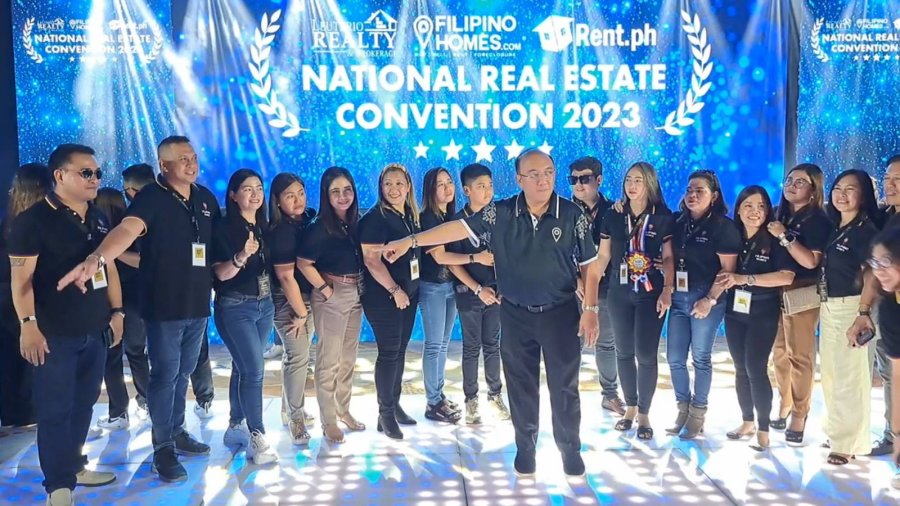Enterprise
Real Estate Stakeholders Call on Govt to Ease Regulations in Housing Projects; One Housing Project in PH Requires 172 Signatures


Real estate stakeholders are calling on the government to ease the strict regulations in the building of houses as a way further to address the country’s backlog of 6 million houses.
According to stakeholders, the Philippines has one of the strictest regulations in the building of houses or subdivisions and it takes up two years alone in the processing of permits from the different agencies and local government units.
“In order to build a house, meaning to create a subdivision, you need more than 172 signatures. Imagine, we are so weird. The Philippines is the most regulated, very very regulated country,” said Filipino Homes founder and CEO Anthony Leuterio.
“(If) we want to stimulate (the industry), lessen the regulation, lessen the permits so we can help the Philippines.”
Leuterio said that in other countries, the building of houses or subdivisions only requires up to 10 signatures. In comparison, in the Philippines, it needs more than 172 signatures from national agencies and local government units.
“The more signatures, the more corruption,” he added.
Leuterio is the lead organizer of the National Real Estate Convention 2023 held at the Jpark Resort in Lapu-Lapu City attended by more than 700 brokers and real estate salespersons from all over the Philippines.
The event also awarded the top earners in terms of sales in the real estate sector.
The top developers in the Philippines are also in the convention including Cebu Landmasters Inc., Filinvest Land, Apple One, Johndorf, Weecom, BE Residences, IDC, 8890, Grandland, Sterling Land, and Prime World.
Leuterio forecasted that 2024, and in the next five years, will be the time for developers to initiate massive expansion projects after the end of the COVID-19 pandemic.
In every house built, he said, 60 jobs will also be created.
The real estate expert also said that with the high remittances of OFWs, there will also be a high demand for housing and real estate investments. “But the question is where will they (OFW) invest if there is no product (housing),” he added.
He said it would be helpful if the regulations were eased so that it would stimulate the real estate industry amid the massive expansion projects.
What the Philippines needs is for the developers, regulators, and salespersons to sit down and talk about how to lessen the impact of the strict regulations.
He said the backlog of housing units is so serious at more than 6 million housing units yet the government’s core is regulating and not expediting the processes in the creation of more housing projects.
In the Philippines, to start building a subdivision or housing project runs between 1 to 2 years. So Leuterio hopes that this processing time for documents should also be lessened.
“To the government please, lessen the regulations. Let them build a house. Konti nalang ang mga signature and I really want the developers and regulators to be at one. Hold your hands because for every house we create 60 jobs.”














